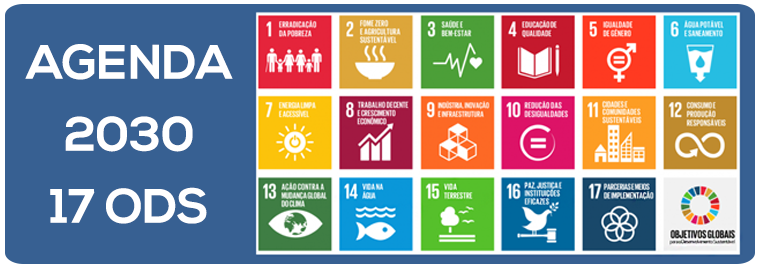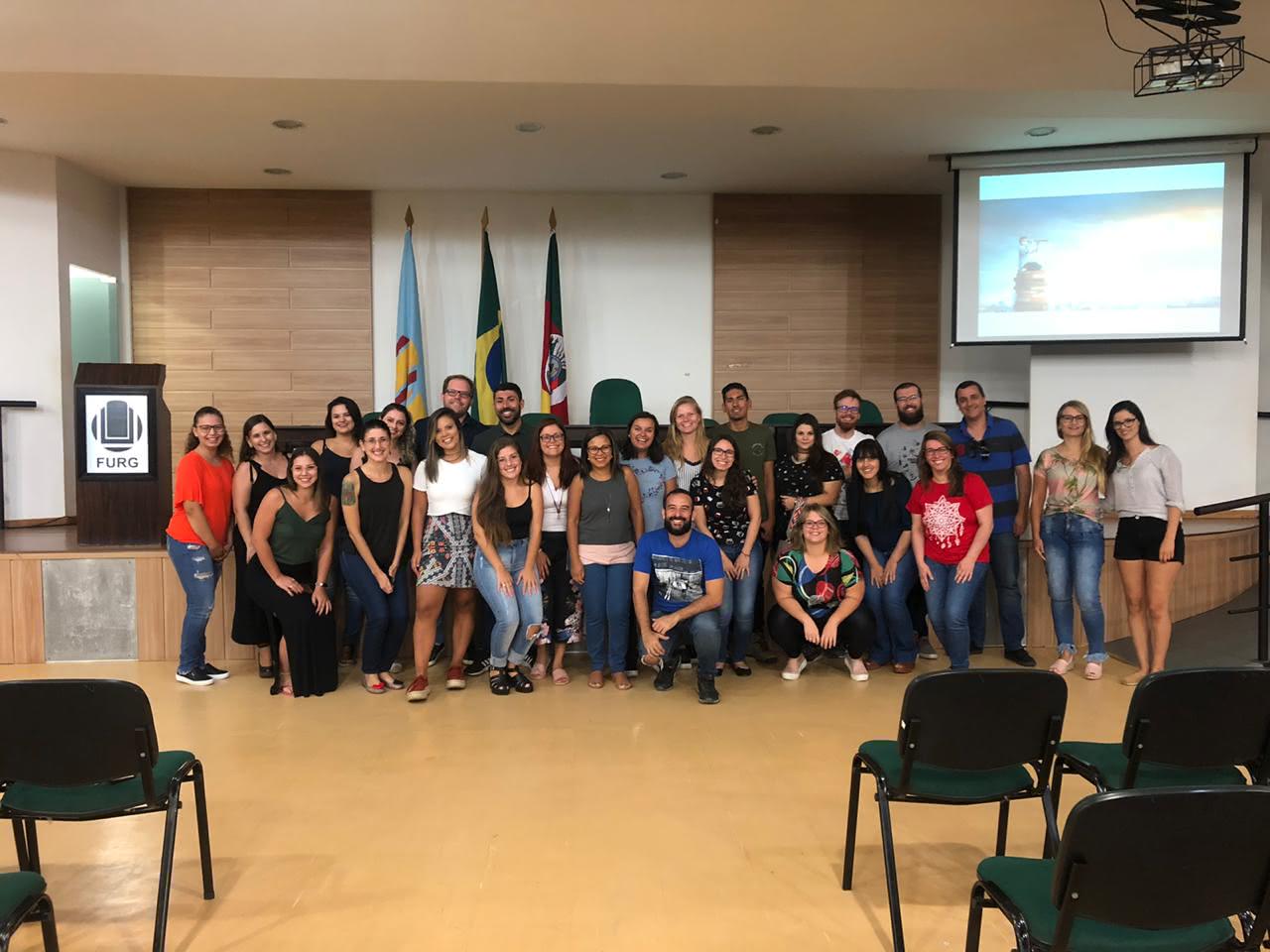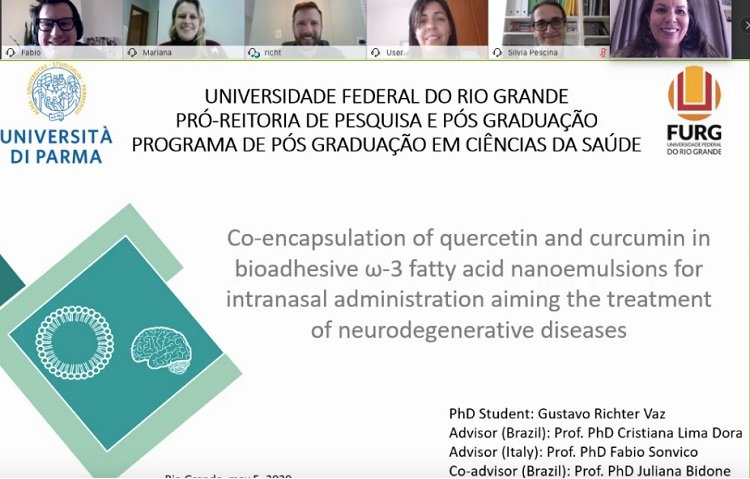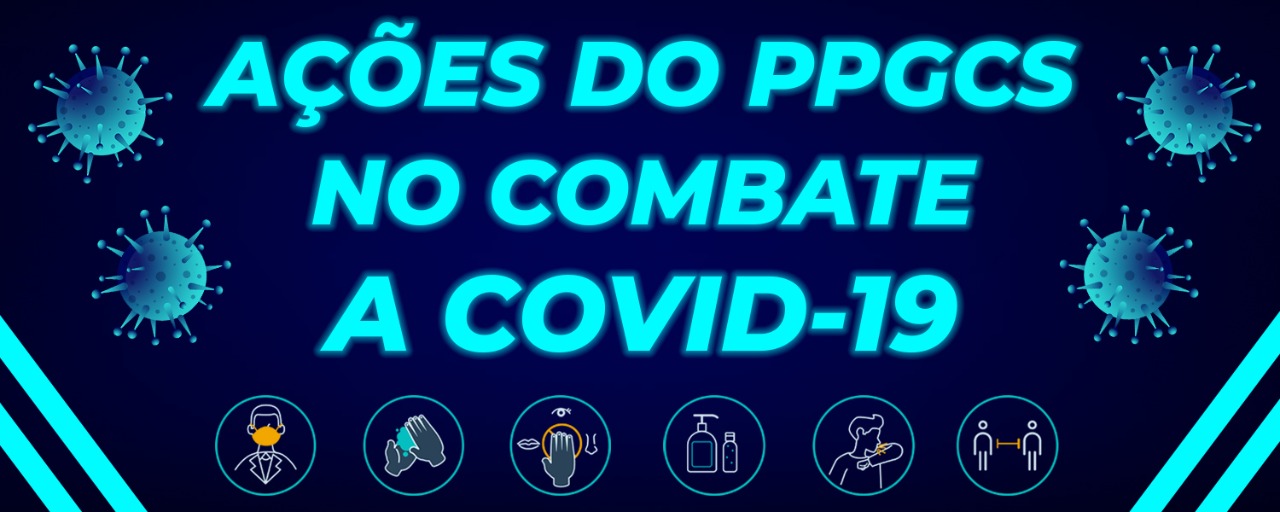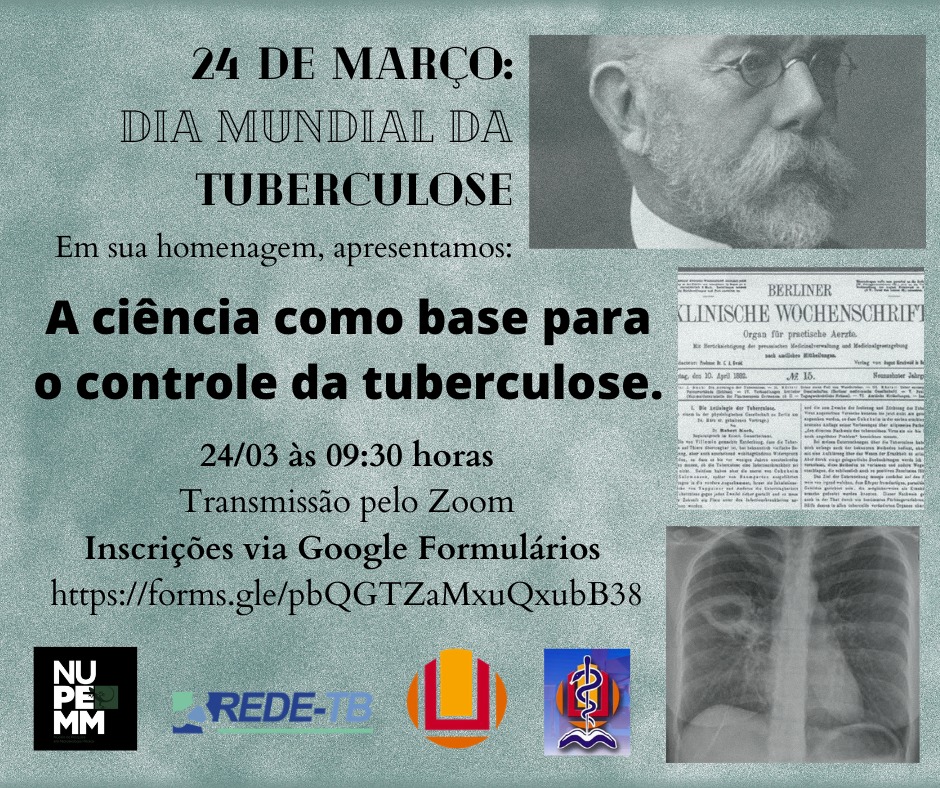O Programa de Pós-Graduação em Ciências da Saúde – PPGCS indicou nessa quinta-feira, dia 28 de agosto de 2025, os vencedores do Prêmio Dissertação Destaque do PPGCS/FURG – Edição 2025. Após analisarem sete dissertações inscritas para concorrer ao Prêmio, a Comissão Interna de Avaliação do PPGCS, constituída pelos professores: Anna Maria Siebel, Flávio Manoel Rodrigues da Silva Júnior, Rodrigo Rodrigues, pela Pós-Doutoranda, Rosália Garcia Neves e, pela Discente Lívia da Silva Freitas, indicou três dissertações destaques uma para cada ano, de 2022, 2023 e 2024.
No ano de 2021, não houve inscrições, de modo que não foi indicada dissertação destaque. Já do ano de 2022 a dissertação indicada foi de Rodrigo de Lima Brum, orientado pelo Professor Dr. Flávio Manoel Rodrigues da Silva Júnior, intitulada “Níveis urinários de chumbo em escolares residentes de área de exploração de carvão mineral e fatores de risco associados”. De 2023 a dissertação indicada foi de Livia da Silva Freitas, orientada pela Profa. Dra. Daniela Fernandes Ramos, intitulada “Impacto da contaminação ambiental por cefalosporinas em modelos experimentais”. E do ano de 2024, a dissertação indicada foi de Alicia da Silva Bonifácio, orientada pelo Prof. Dr. Flavio Manoel Rodrigues da Silva Júnior, intitulada “Avaliação de impacto e mortalidade atribuída à poluição atmosférica em capitais brasileiras”.
Durante o quadriênio (2021-2024) foram defendidas 61 dissertações no Programa de Pós-Graduação em Ciências da Saúde. E o Prêmio Dissertação Destaque teve por objetivo indicar uma dissertação por ano, totalizando nesta edição, 3 prêmios de Dissertação Destaque. Já que do ano de 2021 não houve inscrições.
E para a indicação da dissertação a Comissão analisou: I. originalidade do trabalho; II. relevância para o desenvolvimento científico, tecnológico, cultural e social; III. metodologia utilizada; IV. qualidade da redação; V. estrutura/organização do texto qualidade e; VI. quantidade de publicações decorrentes da dissertação.
E em reconhecimento à excelência do trabalho desenvolvido Os(as) autores(as) e orientadores(as) da Dissertação Destaque receberão diploma de premiação emitido pelo PPGCS.


